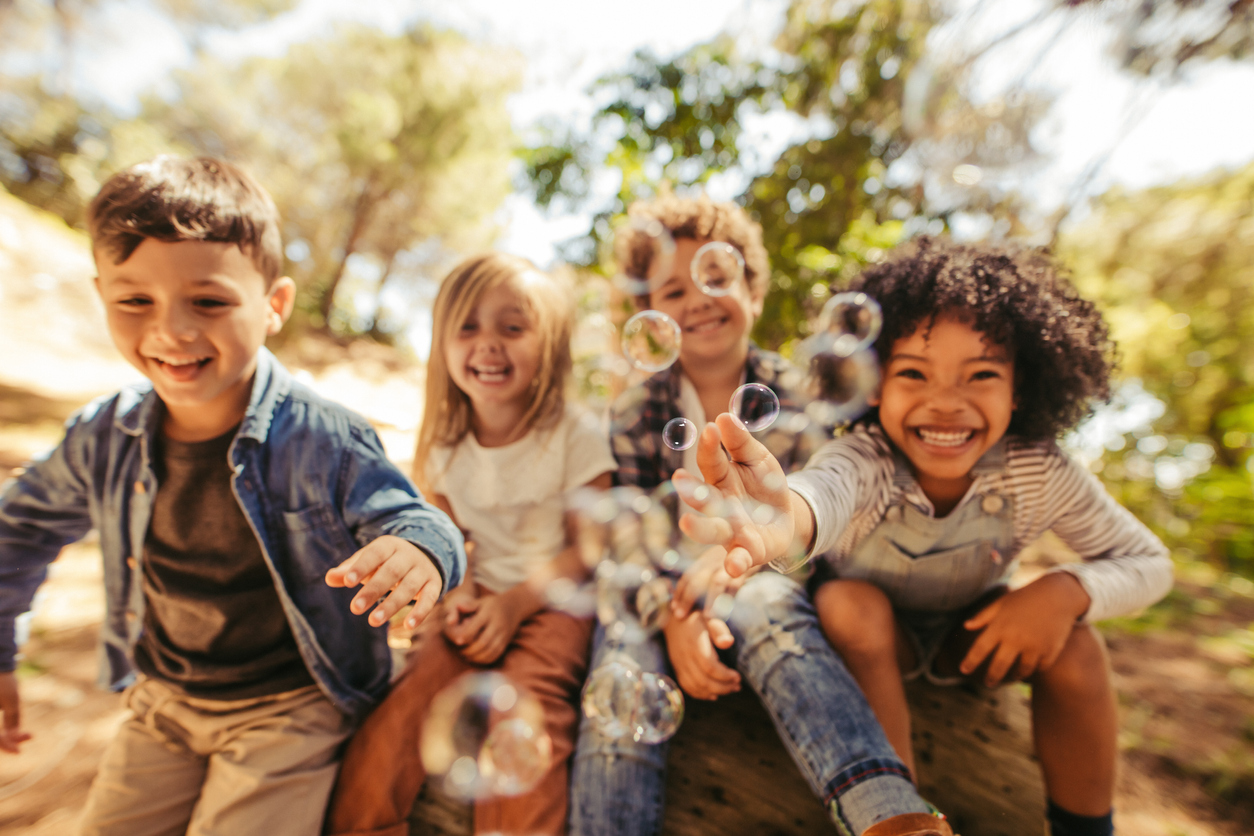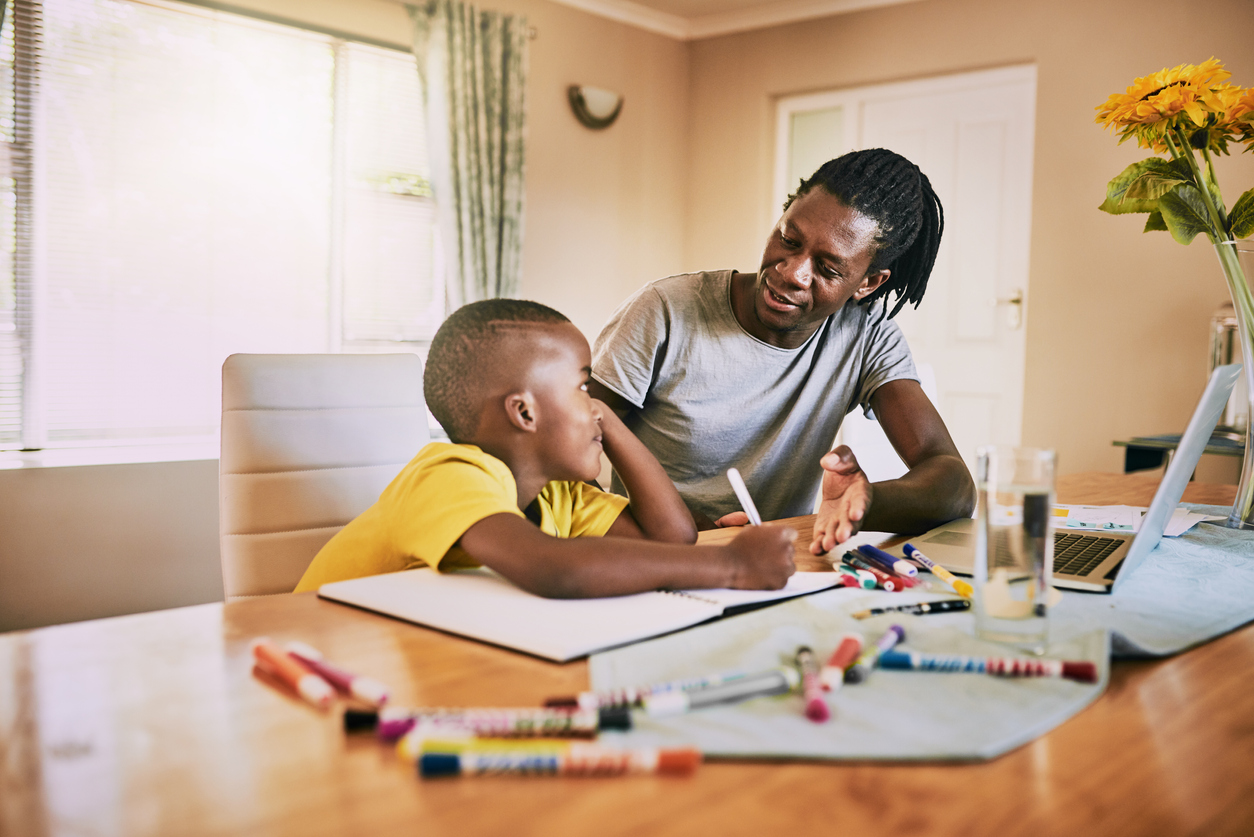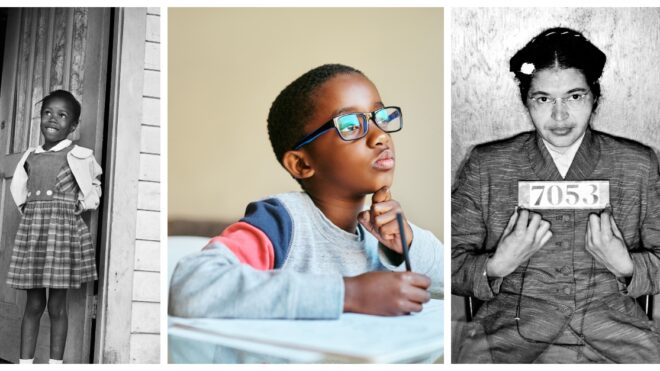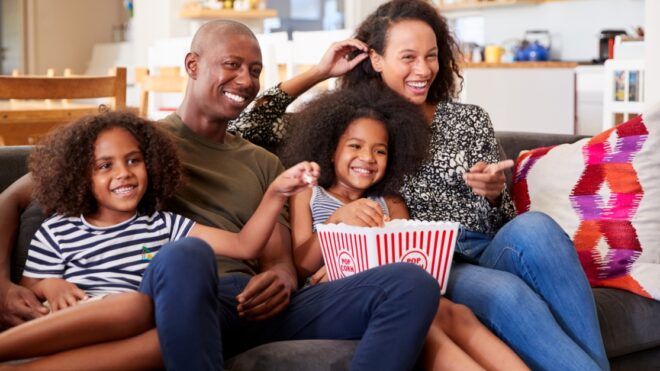
The conversation around civil rights and racial equality has expanded in recent months, especially since the killing of George Floyd in late May spurred continuous global protests calling for the end of systemic racism. Through these protests, activists have not only drawn attention to injustices happening on a large scale but have also made us reflect on how we contribute to the normalization of racism, such as subconsciously passing down biases to our children. Over time, societal conditioning has the ability to create subtleties in adults that may contribute to discriminatory behavior. Studies show that small children, whose developing brains easily pick up on body language and verbal queues, are capable of displaying racial bias as early as preschool due to habits picked up at home. As you assess your own role in the conversation surrounding racism, check in with your children with these questions about racism to see what they already know. You may be surprised at what you learn!
Do you understand what racism is?

Though you may understand that racism is the unfair treatment of a person or group of people determined by their ethnic background or color of their skin, young children may have a different definition based on what they've already observed. Ask your children how they define racism to get a baseline on what they perceive discrimination to be. Not only does this give you an opportunity to clarify what they may misunderstand about how racism is defined, but it sets the stage for a longer conversation.
Have you ever seen/experienced racism?
After you've established a clear definition of what racism is, frame this question appropriately based on the race of your child. While children of color may have already dealt with acts of discrimination, white children may have witnessed unfair acts up close. You may be surprised to hear about experiences your wee ones have already had, but listen attentively and ask for further details. These early experiences contribute to children's foundation in race relations, and discussing them now could change how they socialize with others later on in life.
How does racism make you feel?
Depending on age and exposure, kids could have a wide span of outlooks on racism, from not knowing how to feel yet to having strong feelings toward racist acts. Gauge the emotional impact that racism has had on your kids so far. In whichever way they answer, it could be an indication of their attachment or detachment to race in a social context. Ask them to elaborate by questioning why they think they feel the way they do, encouraging more thoughtfulness in their response.
Have you talked about racism at school with teachers or friends?
Though we want to believe we know everything about our children, this is far from the truth. The fact is they have experiences at school that you may never know about, especially without specifically asking. Teachers and friends have dynamically different interactions with kids, meaning they have the ability to influence their perspectives. Digging deeper into these independent interactions provides a closer look at how your child's worldview is shaped and who is affecting that viewpoint outside of your home.
What would you do, or how would you feel, if … ?
Create hypothetical situations that put your child in the driver's seat of a potential conflict involving race. Ask them how they would react to overt acts of discrimination, such as hearing someone being called a racial slur or, in the case of children of color, being objectified by racist language. This also presents the opportunity to introduce how more covert racism works, such as someone deeming a Black man "suspicious" or demanding a Spanish-speaking person speak English instead.

Research actual microaggressions and normalized acts of racism to prepare your children for real-world instances, including how to react to injustice. Before teaching them proper responses to witnessing or experiencing racism, check their level of empathy and involvement by seeing how they would feel if any of these things ever happened to them.
Having to talk with your children about race is unfortunate and sometimes uncomfortable, but it's a responsibility of yours as a parent. Discrimination on every level needs to be called out and corrected. The idea that being white is something to be rewarded while being Black is something to look down upon has pervaded the way we think and poisoned our society for too long.
Not only does questioning your children about race give you the chance to affect changing race relations for the future, but it's also a reflection of signals you may be sending out. Before checking in with them, ask yourself these same questions to self-reflect.







